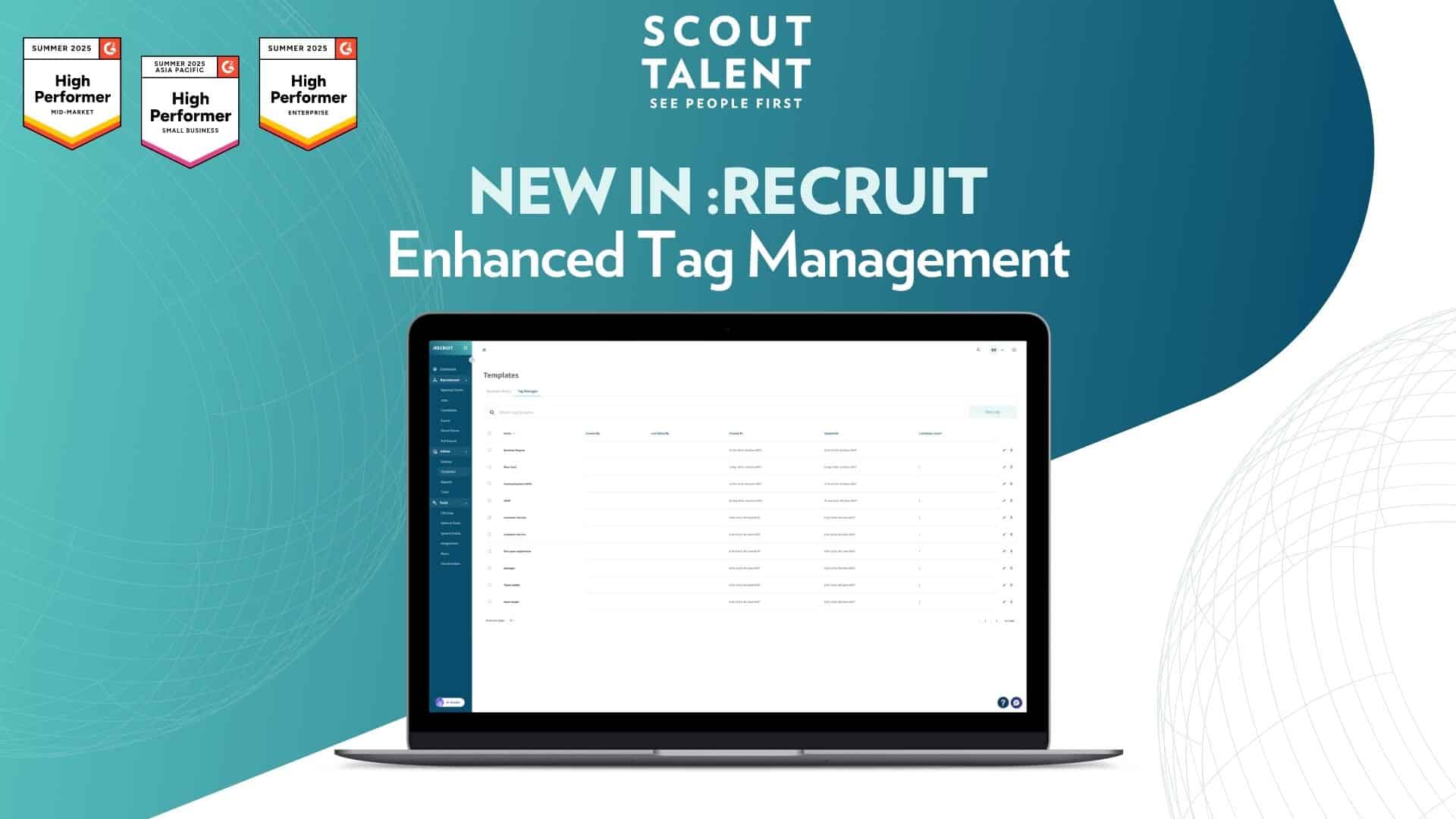It’s so exciting when you find a fantastic candidate who you know will add value to your organisation. But what if they’re reluctant to come on board? Follow these strategies to win them over.
The success of your organisation rests on your ability to attract, identify, and onboard top talent. Is your hiring and onboarding process running as smoothly as it could be?
You don’t want to waste time with long, drawn-out negotiations when you needed someone to start yesterday. Use these tips to convert “maybes” to “yes!”.
Be prepared
When engaging with candidates, it’s important to be prepared, and this means doing your research. Don’t lose great talent by offering salaries that are too low or incentives that are unachievable.
While some candidates may propose a counter-offer, others will simply walk away. Worse yet, some may walk away and tell others about how low the offer was, making it hard for you to continue recruiting.
Research the remuneration and offering for similar positions in your area. This is especially important if this is a new position in your company, or you are replacing a long-time employee. Many employees consider perks such as flexible hours or professional development to be part of their offer package. Make sure to research perks and benefits as well as salaries.
Have a strong employer brand
Candidates use on average up to 18 sources to research a potential organisation before making the decision to join. What does your employer brand look like in the market?
By the time you make an offer, the candidate should already know the company’s story. Not just your history, but the story that makes the candidate want to work for you. Let’s say you describe your company as a place that manufactures parts for cars. That’s a description, but your company’s story is that you make essential components of the safest automobiles on the market today. You provide a safe work environment dedicated to the well-being and professional growth of your employees.
A strong employer brand involves storytelling, which helps candidates understand why they want to work for you.
Think win/win
You should not only assess what your candidate can bring to your organisation, but what you can offer them. Every point of engagement, including negotiations, are part of your ongoing relationship and employer brand.
This makes it important that you think of your negotiations not as a situation where one of you will win and one will lose, but as a situation where both people get what they need to start a productive relationship.
Listen actively
Demonstrate to your candidates that you genuinely care about them through active listening. Understand any concerns they might have and address them with positive, mutually beneficial solutions.
For example, if your candidate tells you that he or she needs more money to offset the travel costs of taking a position farther from his or her house you could respond with, “I understand our location is a concern for you. Would working a different schedule so you can avoid rush hour, or having one day a week to work at home help with those concerns?” By listening to what the candidate is actually concerned about, you may be able to find a solution that doesn’t involve more money.
Know exactly what you can offer
Don’t delay onboarding a great new hire by wasting time needed sign-off and approval for salary and benefits.
Before making an offer to a promising candidate make sure to have any necessary internal discussions about how high the salary can go or other benefits such as working remotely, additional vacation days, or flexible hours. There may be some requests or situations that the hiring manager does not feel comfortable agreeing to without more discussion, but try to keep the back and forth to a minimum. You want to avoid any situation where the candidate feels the hiring manager is at odds with someone else in the company.
While there may be some situations you won’t be able to overcome, such as differing timelines, these strategies to keep your hiring process efficient and help you win candidates over when they have competing offers.



